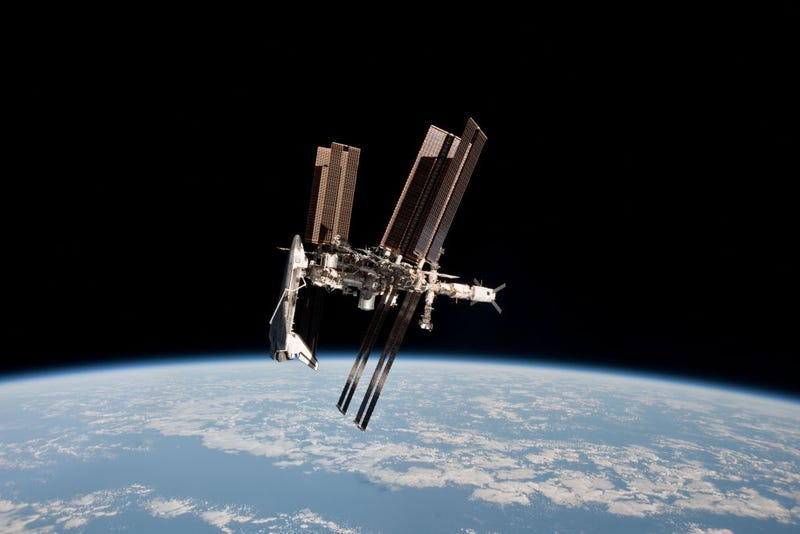
When a Russian missile collided Monday with a defunct satellite that has been orbiting the Earth in space since 1982, bits of space junk were left.
Now, these 1,500 pieces of “trackable orbital debris” generated by the incident floating through space pose a threat to satellites, according to U.S. Secretary of State Antony J. Blinken. He said they will likely break down to hundreds of thousands of smaller pieces.
“The long-lived debris created by this dangerous and irresponsible test will now threaten satellites and other space objects that are vital to all nations’ security, economic, and scientific interests for decades to come,” said Blinken.
This debris could also increase risks for astronauts in space, he said.
In a Tuesday statement, Moscow’s Ministry of Defense confirmed that it had “successfully conducted a test” that resulted in the destruction of the satellite, said NBC News. Additionally, the Russian Federation defense ministry denied that the debris could harm other space objects.
“The U.S. knows for certain that the resulting fragments, in terms of test time and orbital parameters, did not and will not pose a threat to orbital stations, spacecraft and space activities,” it said. Foreign Minister Sergei Lavrov said Washington was guilty of “hypocrisy” in its claim that Russia had posed a risk to peaceful activities in outer space.
According to The New York Times, the U.S. conducted a weapon test in 2008, that created an orbital cloud of about 400 pieces. India and China have also created debris with weapons tests.
However, others have joined Blinken in condemning Russia’s recent test.
“Like Secretary Blinken, I’m outraged by this irresponsible and destabilizing action,” said NASA Administrator Bill Nelson in a statement regarding emergency procedures conducted at the International Space Station (ISS), which is manned by astronauts from the U.S. and Russia. “With its long and storied history in human spaceflight, it is unthinkable that Russia would endanger not only the American and international partner astronauts on the ISS, but also their own cosmonauts.
Their actions are reckless and dangerous, threatening as well the Chinese space station and the taikonauts on board.”
According to The New York Times, Nelson was referring to the Tiangong space station.
Others who criticized Russia’s actions included NATO Secretary-General Jens Stoltenberg and a British government spokesperson.
Previously, the U.S. raised concerns about Russia’s actions in space last July. Russia’s defense ministry said in its statement Tuesday that it boosted its defense capabilities in response to weapons tests by Washington’s decision to establish a space force in 2020.
It also said Moscow had been calling for an agreement on space arms regulations for years.
Mark Vande Hei, one of four NASA astronauts currently on the ISS, is trying to look on the bright side. He said the event was a great way to bond with his crew.


